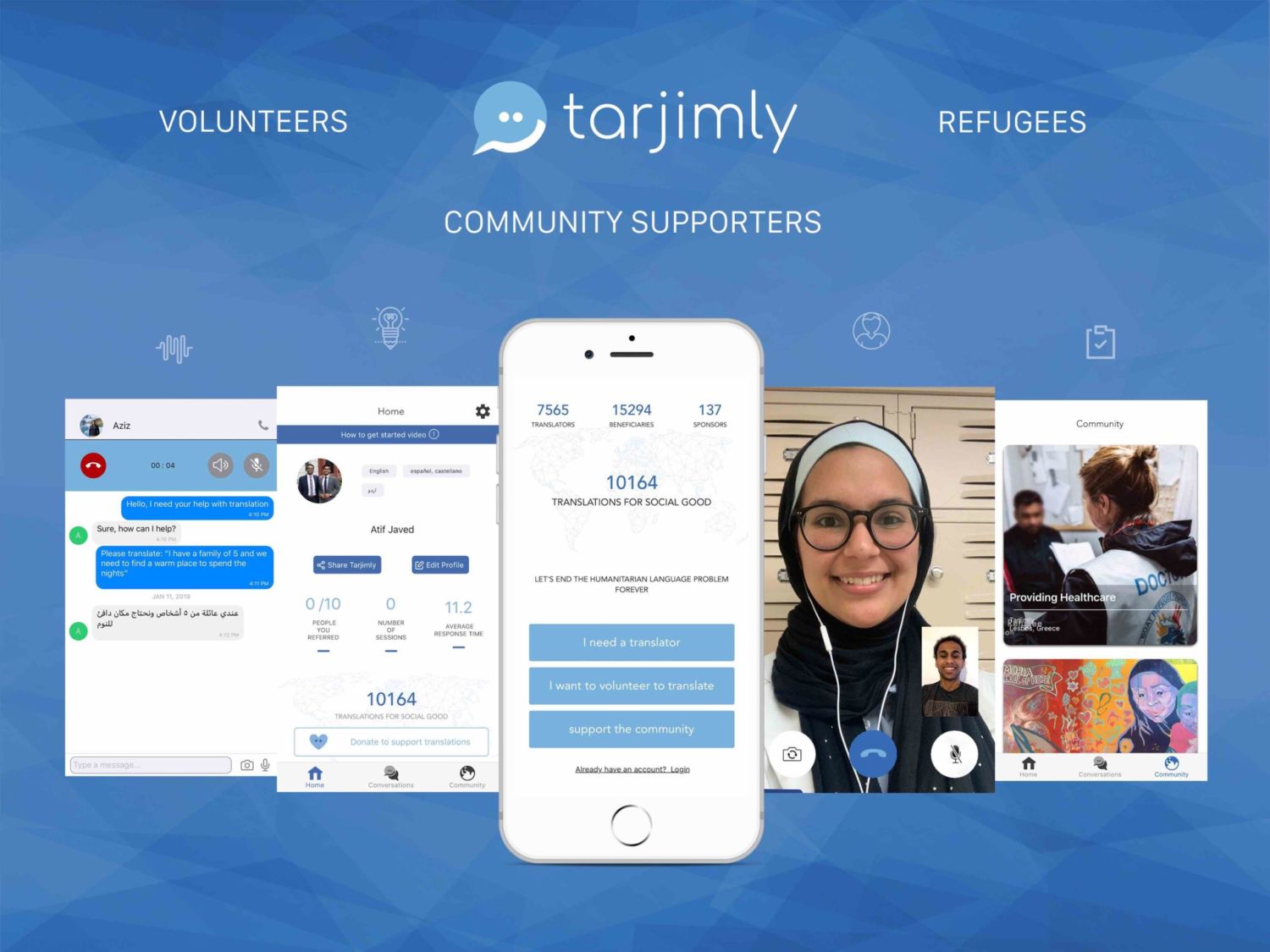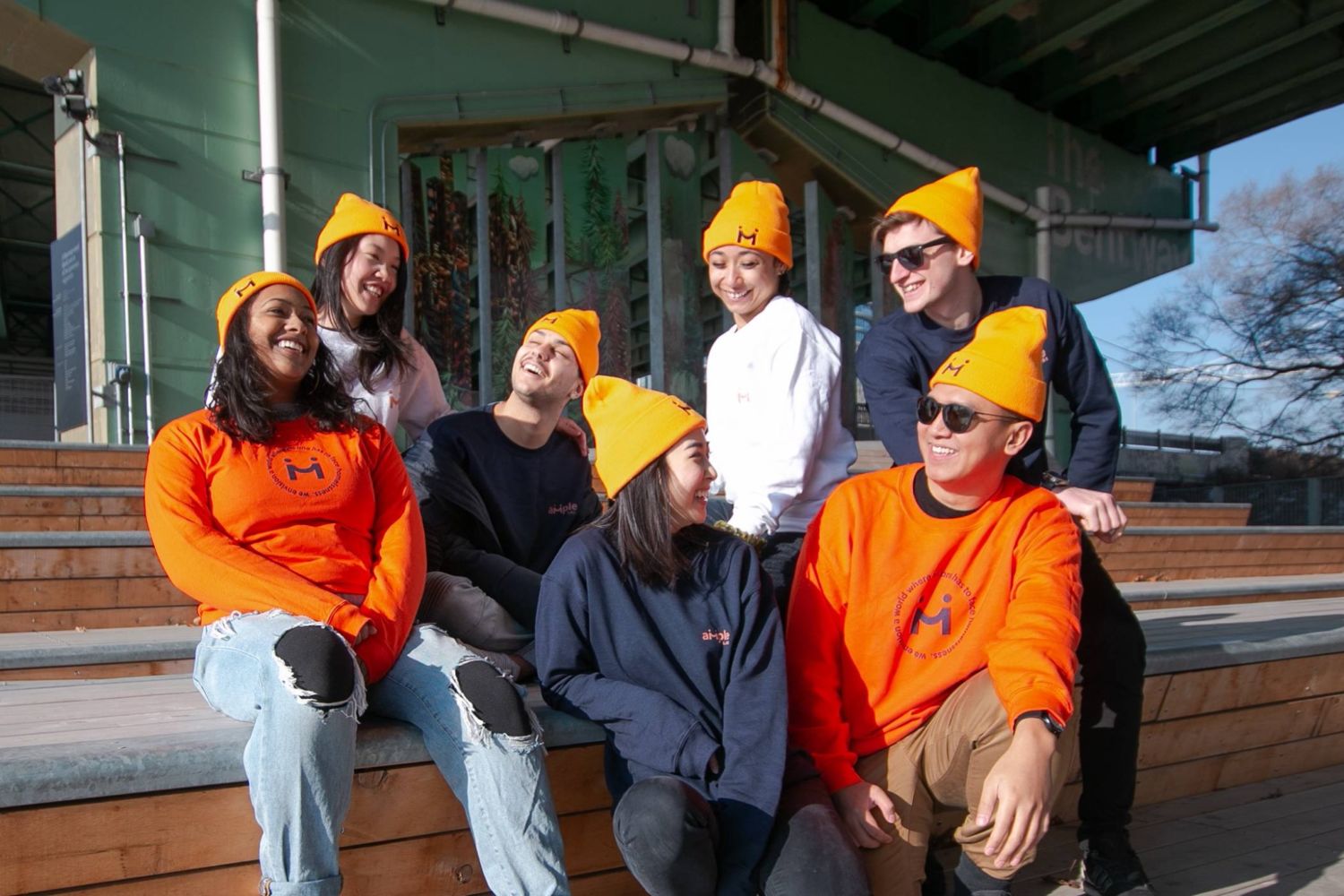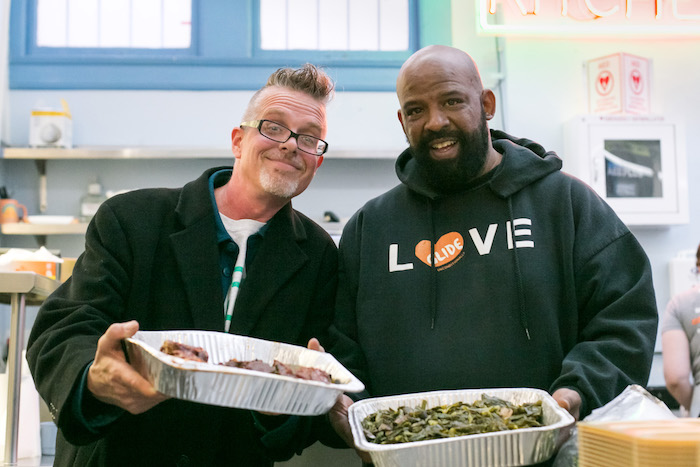What Canada can learn from global tech non-profits pivoting to address COVID-19 needs
Why It Matters
As the social impact world tries to adapt to the impacts of COVID-19, organizations are pivoting and re-tooling to help with relief efforts. Here’s what Canadian non-profits can learn from these eight organizations about pivoting, and zeroing in on where they can make the most impact right now.
As the COVID-19 pandemic has spread across continents, it’s had severe (and scaling) effects. In North America alone — where government responses and physical distancing measures only began in earnest in March — half a million people in Canada and a record 3.3 million in the United States have already filed claims for unemployment. Most students likely won’t finish out the school year in classrooms, and individuals are struggling to balance financial obligations, caretaking, and their own health needs.
For many non-profits, the pandemic presents a very real challenge to continuing business as usual, let alone redirecting operations to address the impacts of COVID-19. Many Canadian organizations are already facing increasingly challenging operations — such as housing those experiencing homelessness while implementing physical distancing measures — while also seeing fundraising events cancelled and donations drop.
From community-based healthcare to distance learning to social service discovery, these digital-first tools are well equipped to support people during the COVID-19 crisis.
But one industry where organizations can look for inspiration through this time is the tech non-profit space, where organizations are pivoting to use their tools and resources to contribute to COVID-19 relief.
“From community-based healthcare to distance learning to social service discovery, these digital-first tools are well equipped to support people during the COVID-19 crisis. The demand for their services has grown exponentially since the crisis began,” says Shannon Farley, co-founder and executive director of the world’s largest tech non-profits accelerator Fast Forward.
Below, we’ve rounded up eight tech non-profits from around the world who have extended their missions in innovative and responsive ways to help lessen the impacts of the pandemic. While most of the tech non-profits below are based in and support American and international communities, their pivots serve as valuable examples to Canadian non-profits on how to provide help where it’s needed most during the pandemic — by partnering with other organizations, expanding access to services, and zeroing in on where they can make the most impact.
Tarjimly

Originally designed in 2017 as a response to the Syrian refugee crisis, the Tarjimly app allows multilingual speakers from around the world to volunteer as translators and interpreters on demand for displaced people.
The app is used by refugees, asylum seekers, and humanitarian workers, who can request a translator for a specific language and get matched via live chat to the best volunteer available by Tarjimly’s machine learning algorithm. Now, however, knowing that there is a large COVID-19 information gap for non-English speakers, Tarjimly is also mobilizing its community of 8,000 to translate factual COVID-19 information into over 60 languages — empowering refugees and immigrants everywhere with information.
The humanitarian translation and interpretation app has already helped researchers at the Seattle Flu Study, Harvard Medical School, and the Norwegian Institute of Public Health disseminate information on the virus. Tarjimly is now looking for funding to integrate Health Insurance Portability and Accountability Act compliance into its tools so that healthcare workers across the United States can legally use the translation app — and its 20,000 interpreters — in their COVID-19 response.
Dost
Since it was founded in 2016, Dost has been empowering low-income parents in urban India to get involved in their children’s early childhood development at home. Reaching individuals where they’re at — their phones — Dost sends parents short, pre-recorded voice messages with actionable steps to stimulate children intellectually.
In response to the COVID-19 pandemic, Dost is using its network and expertise to provide low-income Indian families with podcasts specifically covering the virus, mental health, and awareness and safety. They’re also offering their educational content to families self-isolating so they can continue children’s learning at home.
Ample Labs

Based in Toronto, ample Labs is a non-profit that equips people experiencing homelessness with information about resources like free meals and shelter. Based on data that show 94 percent of people experiencing homelessness have cell phones, ample Labs delivers this info through chatbots.
In response to the Coronavirus outbreak, the organization is building a COVID-Bot, which will give users — particularly the population they already serve, who are some of the most vulnerable to the virus because of their inability to self-isolate — access to accurate information about COVID-19 and community resources to help people through it.
Intelehealth
Similar to Medic Mobile, Intelehealth’s main goal is to improve access to primary health care in hard-to-reach communities.
Intelehealth’s open-source telemedicine and case management app supports both patients and frontline health workers in two key ways. The app’s digital assistant allows for triage and risk assessment, and app users are able to connect remotely with doctors to receive care over audio and video calls.
In response to the COVID-19 pandemic, Intelehealth is reaching out to governments, NGOs, and hospitals to offer technical support for their COVID-19 response. Their solution allows organizations to identify cases of the virus; manage and assist self-quarantining patients via telemedicine; and map out suspected and confirmed cases of the virus to monitor outbreaks.
UPchieve
Another education non-profit, New York-based UPchieve works to connect low-income high school students with live, round-the-clock academic support online. Tutors volunteer online and help students with anything from math skills to applying for university.
Most of the time, UPchieve charges schools that use the program a small fee to cover costs. However, as schools close to allow for social distancing in response to COVID-19, UPchieve has waived all fees for Title 1 schools across the United States and simplified sign-up, helping ensure that students with less resources are supported despite school shutdowns.
Replate

Replate fights both food insecurity and food waste by picking up offices’ surplus food and delivering it directly to soup kitchens, shelters, and other non-profits.
As San Francisco has implemented social distancing measures and closed non-essential businesses, many of Replate’s usual sources of surplus food have dried up. However, Replate has pivoted to allow restaurants to donate food, and set up a program where individuals can order food from local restaurants they want to support, then schedule for Replate to deliver the meal to vulnerable community members.
Think of Us
Since 2014, New York-based systemic change non-profit Think of Us has used technology to help the foster care system — including agencies, non-profits, and other organizations — create better outcomes for youth. They partner with agencies to upgrade programs, co-design systemic level interventions, and implement technology strategies to amplify different programs’ effectiveness.
Knowing foster youth are particularly at risk during the COVID-19 pandemic, Think of Us has built on its mission to create a nationwide command centre to deploy solutions for foster youth and those who support them. The center includes information and resources, and invites the community to brainstorm solutions to “active challenges.”
Building on that, Think of Us plans to set up 25 command centre satellite sites at direct services agencies that are hardest hit by the pandemic, while also supporting state and local child welfare agencies.
One Degree
One Degree is a free online directory that helps low-income families across the United States find and access the resources they need for social and economic security — from shelter and food bank to childcare and job search assistance.
With unemployment and childcare needs skyrocketing due to the COVID-19 pandemic, One Degree has built a free resource guide — updated daily — helping families find quick, effective, and COVID-related relief.
Our team is working around the clock to deliver insightful stories, analysis, and commentary on the effects of COVID-19 on the social impact world. If you like our content, please consider becoming a member. Start a 14-day free trial now.

